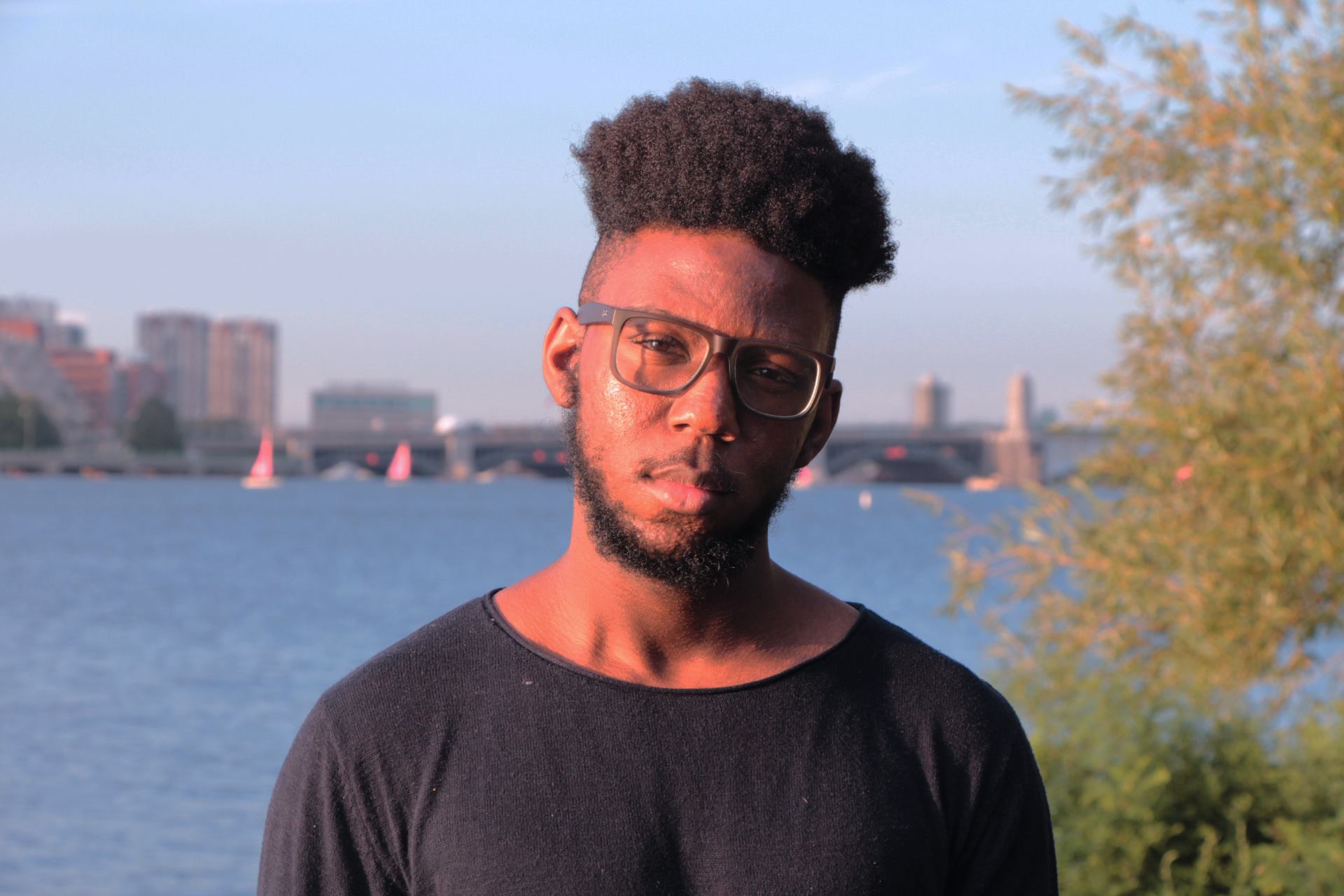Why Can't 16-year-olds Vote?

By:
What happened to no taxation without representation?
Amid the chaos of the 2016 presidential election, the rhetoric and divisive politics of sexism and xenophobia abundant in then-candidate Donald Trump's campaign had obvious impact on America's youth. At the same time, U.S. democracy dictates that teens under the age of 18 are subject to the policies of elected-officials with no means to choose who represents them.
So why are 16-year-olds, who can legally work and pay taxes in this country, not allowed to vote for the officials that influence their prospects of employment, education and housing?
Like many contemporary elements of American life, the roots of the current voting age can be found in war. In 1942, nearly a year after the United States entered into the second World War, President Franklin D. Roosevelt lowered the minimum draft age from 21 to 18.
At the time, there was no federal voting age and individual states had historically only allowed citizens the right to vote at 21. The discrepancy between the age of enlistment and age of voting caused frustration among many, though, prompting states like Georgia to vote to lower their voting age to 18.
For 29 years, this gap persisted until Congress ratified the 26th Amendment in 1971 and the voting age was lowered to match the age of enlistment.
The legal voting age differs in democracies around the world. In several South American countries, including Argentina, Brazil and Ecuador, 16-year-olds are granted the right to vote. All European countries enfranchise citizens to vote in national elections at 18, with the exception of Austria, which opens the ballot box for 16-year-olds.
In the United States, 17-year-olds can vote presidential primaries or caucuses in 25 states if they will be 18 by the time of the election, according to FairVote, a non-profit that seeks to make democracy more representative.
Proponents of lowering the voting age to 16 say allowing citizens to practice this civic duty earlier could create a stronger tendency among the populace to vote and would increase voter turnout.
On the flip side, some proponents of raising the voting age cited research that shows an individual’s brain isn’t fully developed until they are into their 25 as a reason that the voting age should be raised. Some have used this to argue that it should return to 21 while other have said it should be pushed to 25.
In the aftermath of the 2016 election, young people have provided many examples of political resistance from Boston high schoolers walking out of class to protest the incoming Trump administration to nearly 100 8th graders refusing to take a photo with House Speaker Paul Ryan (R-WI) For now, they will have to wait until they are 18 until they have full rights to their civic duty. But democracy is fluid and subject to change.
